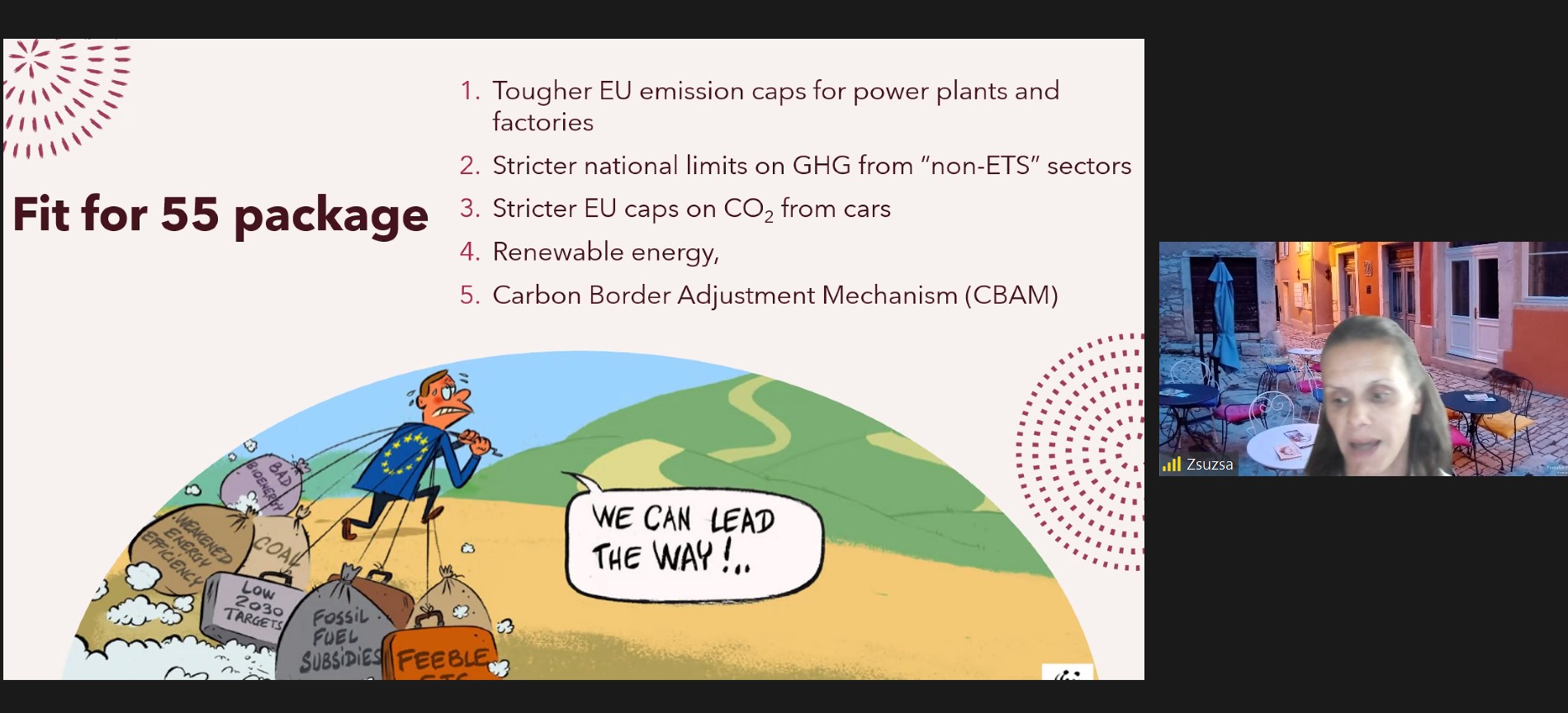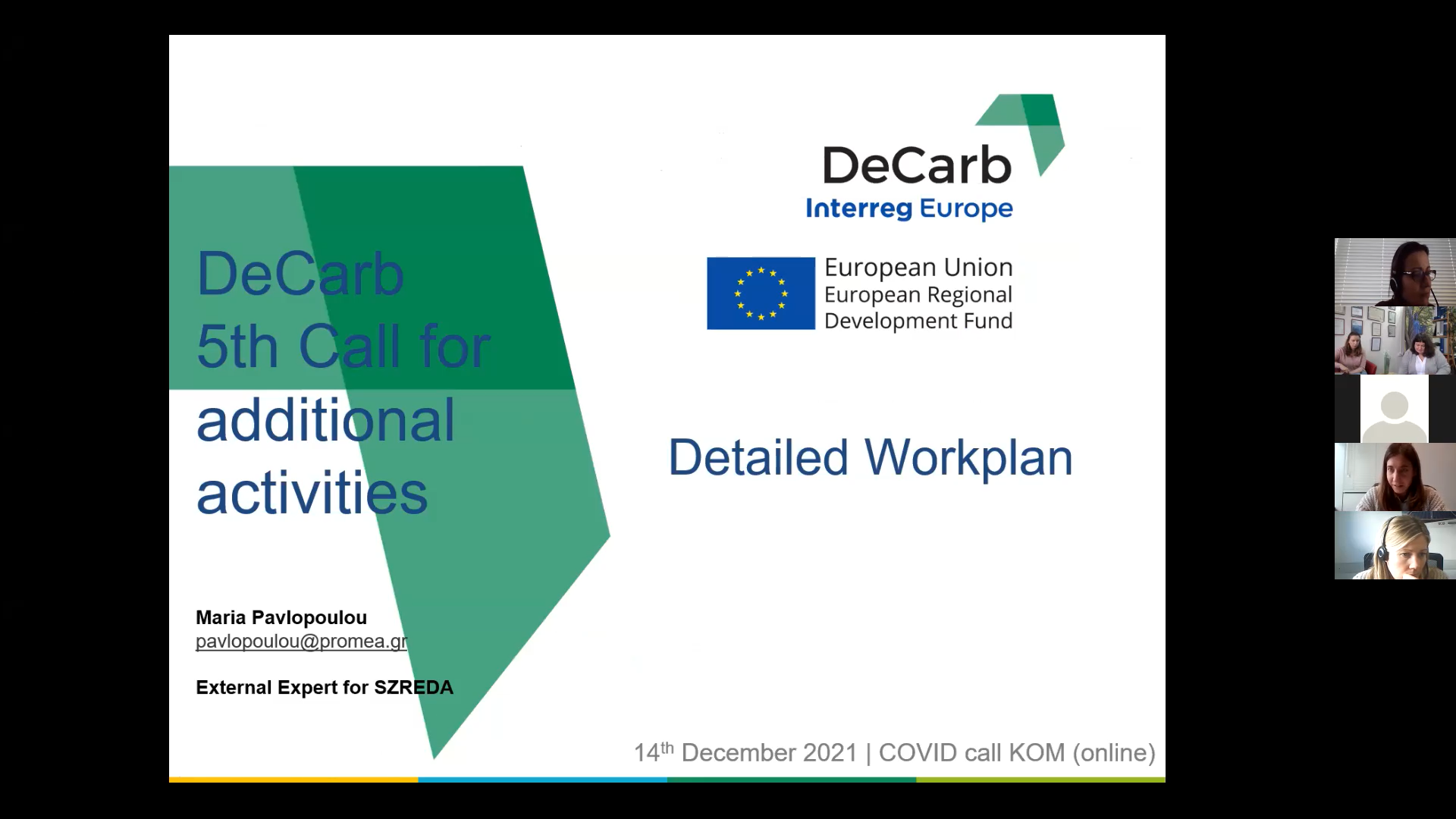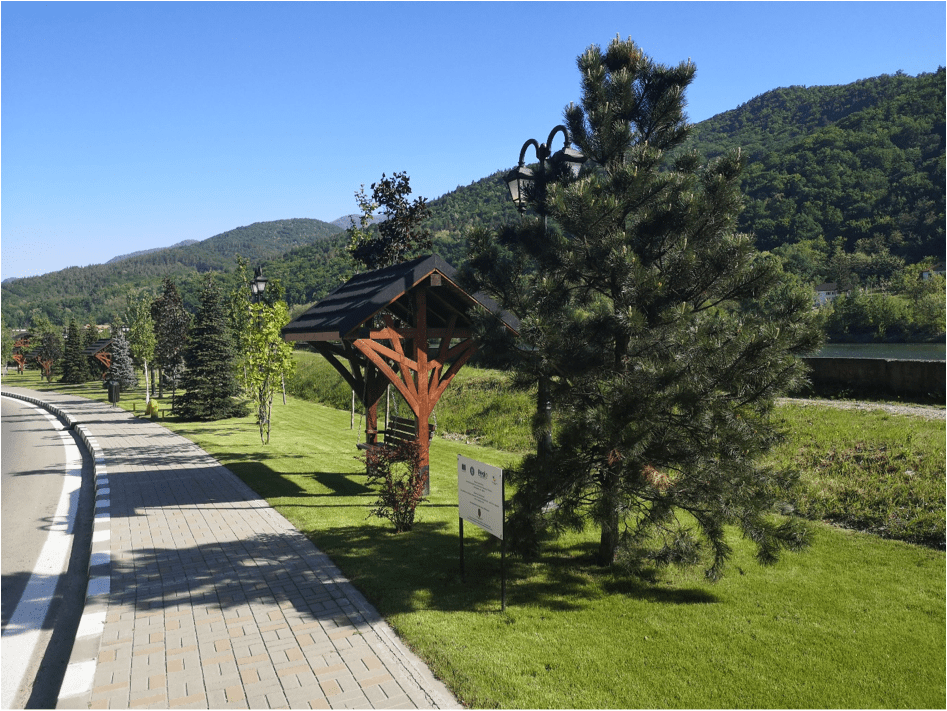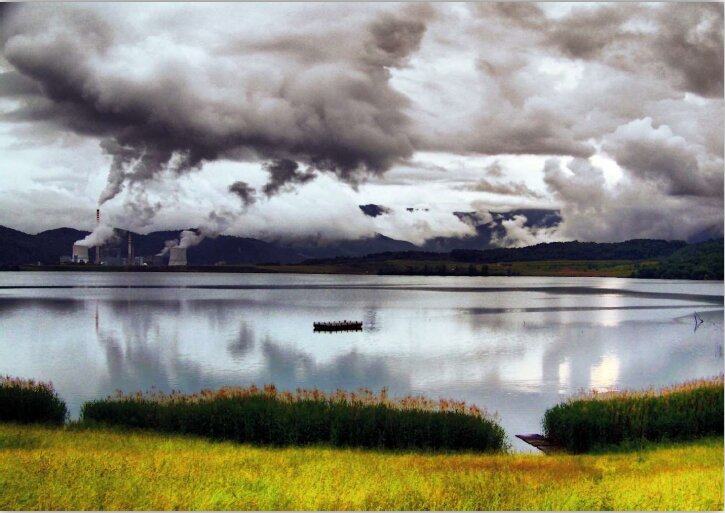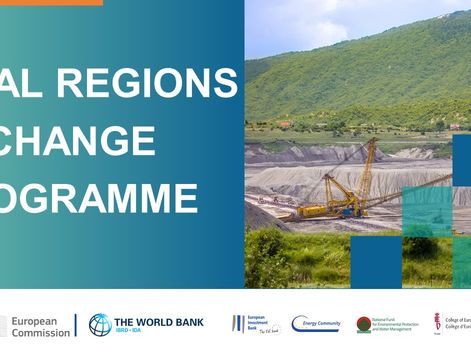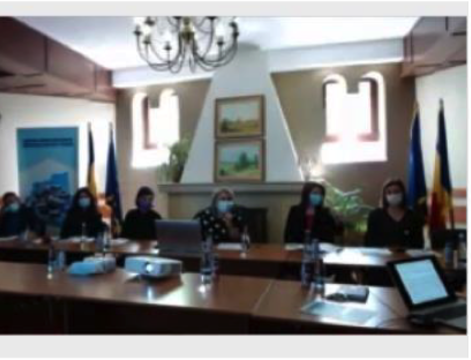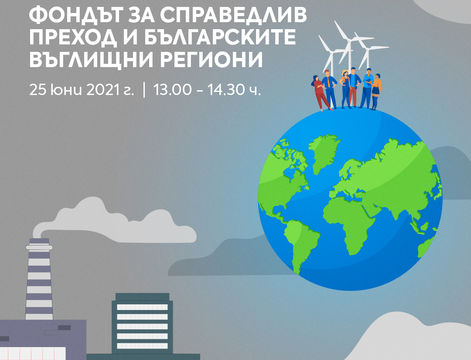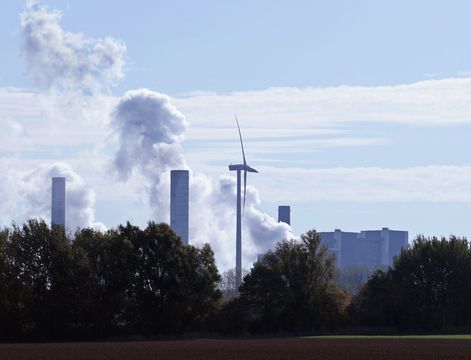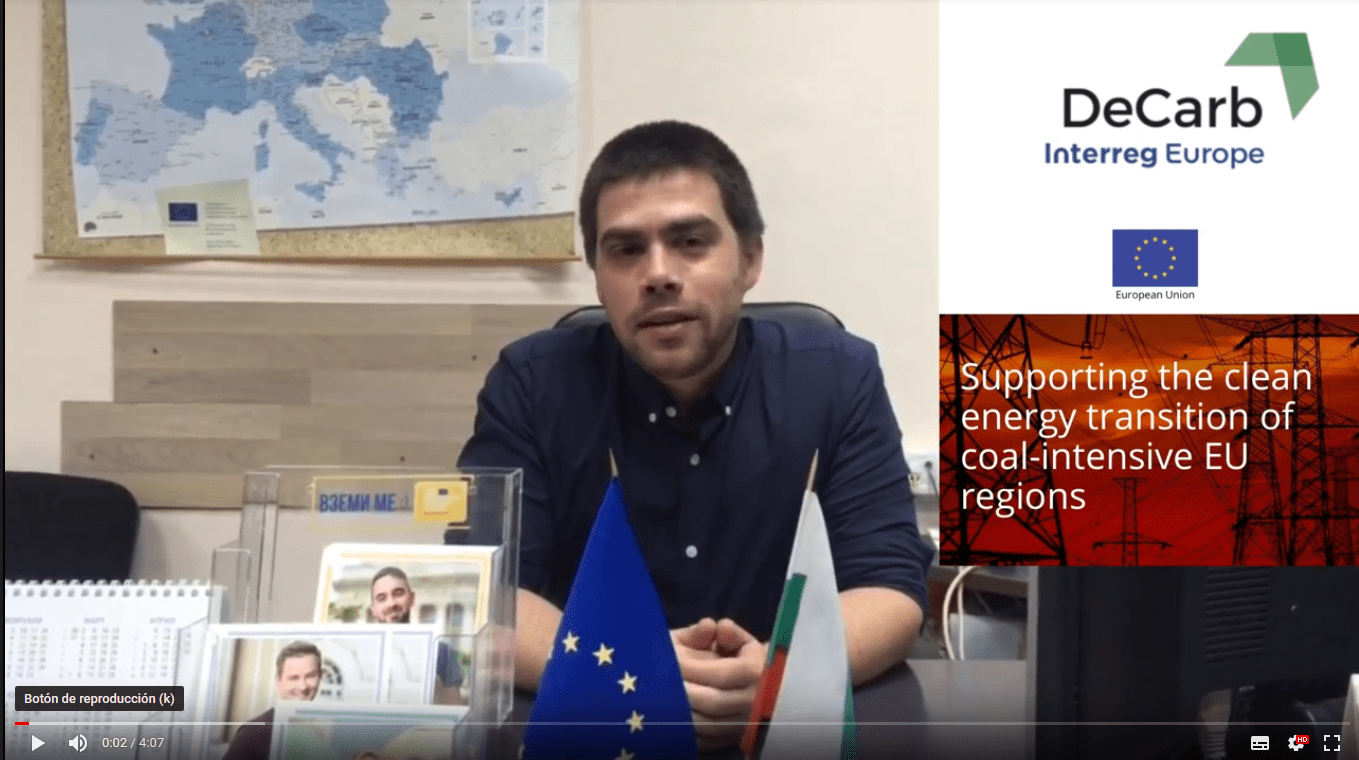The Regional Association of Municipalities of Western Macedonia organized the 2nd Stakeholder Group Meeting of the DeCarb project on Friday 1st of November in Kozani.
Secretary of the Board of Regional Association of Municipalities of Western Macedonia, Mr Lefteris Ioannidis, emphasized that the DeCarb project contributes in networking and exchanging experiences with other European Union countries, because the new strategy requires a coherent and multi-level approach at three levels:
- European level, through the new programmatic period 2021-2027
- National level, through the new energy planning
- Local level, through a regional strategic plan that will have emerged through a meaningful dialogue.
The Mayor of Kozani, where the meeting was located, Mr Lazaros Maloutas, stressed that the value of utilization of experiences of other areas is very important. Nevertheless, he emphasized that there is a big problem of lack of the necessary adjustment time after the Prime Minister’ s announcement for the end of lignite production after 2028.
ANKO's Program Director, Mr Tasos Sidiropoulos, presented a brief review of actions and initiatives towards the transition of Western Macedonia to an alternative development model. He also presented funding sources available.
The Director of Regional Association of Municipalities in Western Macedonia, Mr Lefteris Topaloglou, presented the basic points of the 'equalization of fair transition', in which losses of installed power, jobs, wealth generated, intangibles & know-how and young people with high qualifications are recorded as negative effects. By searching for equivalents through positive interventions, he mentioned the alternative forms of energy production, the attraction of targeted investments, the establishment of a special tax and investment system, the retraining of new skills and the support of entrepreneurship. In order to form the context for the discussion that followed, the following questions were asked:
- How will the region will attract remarkable investments?
- What are the competing sectors?
- How will entrepreneurship be enhanced?
- How will research relate to entrepreneurship & innovation?
- What skills should be emphasized in the future?
- What is the prospect of utilizing biomass, hydrogen, renewable energy sources (RES), etc
- Under what conditions can the primary sector be an alternative solution?
- What should be the system of governance and management of the transition?
- What are the funding sources?
The President of Economic Chamber, Mr Manolis Karakasis, pointed out that stimulating entrepreneurship and attracting investment require remarkable infrastructure projects and a lot of insurance, tax and investment incentives.
Special Operations Management Program for Western Macedonia spokesman, Mr Ilias Mouratidis, underlined the complexity of the project. He stressed that all of who are involved in planning (the new economic model) should start thinking differently.
Municipality of Eordea officer, Mrs Katerina Itskou, noted that municipalities need to be supported by a specialized office on research and innovation to involve entrepreneurers.
Head of ANKO’ s Entrepreneurship Development Department, Mrs Liana Papaterpou, underlined the importance of a strong institutions commitment in planning a fair transition.
Director of Bioeconomy and environment cluster, Mr Giannis Fallas, specified that biomass is a zero-cycle CO2 but non-zero pollutant. He noted that in entrepreneurship we are called upon to find solutions on two levels. The first level is internal entrepreneurship and the second level is about attracting investment outside the region. He noted that although we have specialized scientists, our infrastructures are not very attractive and they certainly need strong investment incentives, he stressed, however, that these may not be sufficient and we should look at other issues affecting investment decisions such as bureaucracy.
Director of Power Station of Kardia and DEI representative in region Coal Platform team, Mr Alekos Soumelidis, noted that the region is affected by three major strategic transformations:
- European Energy Market being involved with significant developments based on the need of protection the climate and dependence on imported fuels
- The dramatic developments of DEI transformation based on the new macroeconomic and microeconomic environment
- Market and society itself transformation at the regional level in relation to de-lignification and its related effects.
Other representatives of social, economic and political áreas attended the debate and share their valuable experiencies to see the main challenges of the energy system in the future.



